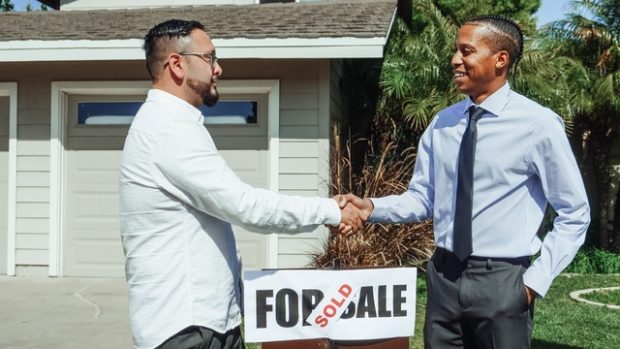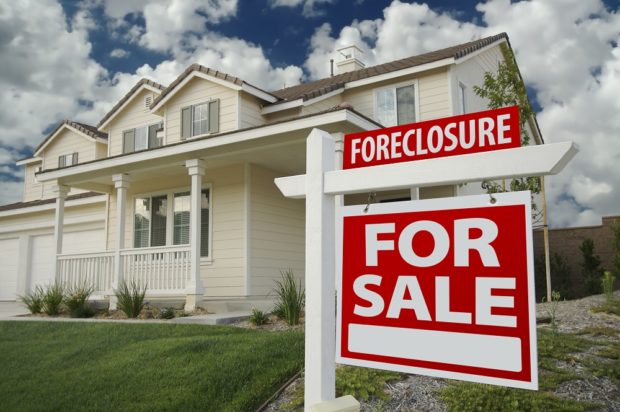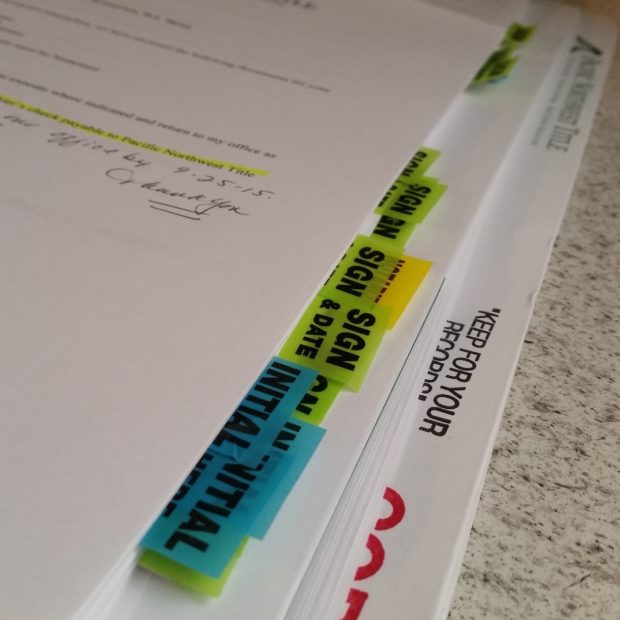Foreclosure is a process by which any property you own is considered collateral under a legal agreement between you and the mortgaging company. In exchange for the credited money, you should abide by the rules and terms set by the lending company, including the payment schedule. Failure to abide by the agreement will cause the lender to take legal actions, resulting in your house being foreclosed.
The process of foreclosing someone’s house does not happen instantly. It undergoes different stages before it’s considered foreclosed. These stages will show you various opportunities to stop the impending auction.
- Missed Payment Schedules: If you missed several payments in a row, the bank should contact you through phone or mail to explain your loans and inform you about loss mitigation options. If you still fail to adhere after all of these, you’ll likely receive a demand letter saying that the foreclosure of the property will be accelerated.
- Legal Action Taken: Notice of default is a stage when foreclosure is initiated. This means that the documents required have been filed to begin the process. The lender will choose which method of foreclosure to use if it’s judicial or non-judicial. Most likely, your lender will opt for a non-judicial procedure as it’s less time-consuming and less expensive.
- Notice Of Sale: If you still fail to address the first notice, during this stage, the lender has the right to start the auction of your house. Note that the notice of sale can be given at the same time or after the notice of default. Depending on your case, you may be given an additional 14 days to settle everything before the auction proceeds.
- Auction Day: Normally, the house is given to the highest bidder, but in some cases, the lender has the power to approve or disapprove the winning bid. If this happens, the house will be owned by the lender.
- Post-Foreclosure: If the lender gets the house after an auction, it may be registered as bank-owned or real estate-owned property.
Before the latter stages happen, read and follow these strategies to keep your home from being foreclosed.
Sell Your House
If you think you can’t pay the lender consistently, it’s better to sell your home immediately. If you need someone to buy your house, Mill City Home Buyers Coon Rapids and other companies may help you.
Also, you may contact a home seller with a good track record of selling houses and can sell your house immediately. Ask them about loan assumptions and which payment option would be more entertaining for potential home buyers. A payment agreement could be lease-option or rent-to-own.
Selling your home could be a good option. However, the process of foreclosure will vary from state to state. So, make sure that you know the laws within your boundaries.
Try To Fix Your Finances
Fixing your finances is helpful even if the foreclosure process has begun and as long as your house is not yet sold through an auction. Stable finances may also allow you to resume your standard terms by paying overdue fees and expenses.
You may fix your finances by:
- Finding a better job.
- Liquidating some properties or assets.
- Using your insurance if you have a mortgage protection policy or a matured cash under life insurance.
- Having your house rented until you’re financially stable.
Check Your Loss Mitigation Options
It’s a process of finding a way to pay incurred debts and prevent new deficits from arising. You could start this by submitting a letter of application or by simply calling your lender for some arrangements. Your loss mitigation options could be:
- Forbearance: The whole payment schedule is paused for a moment, but it doesn’t get rid of your previous debts.
- Repayment plans: Repaying the amount in basic payments over a fixed period.
- Loan restructuring: The terms or payment amount may be lowered, resulting in a lower interest rate and extending the whole term.
- Short sale: The lender may allow you to sell the house for less than what you owe.
File For Bankruptcy
If you want to stop the foreclosure from proceeding, it would be best to start filing for bankruptcy now. After filing, you will hear the phrase automatic stay which will take effect immediately. This means the bank or the lending company is prohibited from foreclosing your home or collecting any incurred debts.
However, the bank or the lending company may try to file a motion for relief from the stay. This means that the bank will try to continue the foreclose by seeking approval from the court. Even if the motion takes place, the activity will still be delayed for at least a month, giving you more time to check for other alternatives.
Check Possible Legal Remedies
If your bank or lender is using a non-judicial process, you may delay or stop it by filing a lawsuit against them to challenge the foreclosure.
To win the case, you must satisfy the court by giving plausible reasons for the foreclosure to not proceed. If you lose, you may only delay the process. However, lawsuits are expensive and may only put you in jeopardy, especially if you have no reasonable claims. So, before you take this action, consult a professional lawyer first.
Final Words
Foreclosure is a tough battle. It would be best to consult a professional in this field to help you along the process.
Defending your house during a foreclosure is difficult and time-consuming. So, before this process takes place, examine your options and your finances, and check if there’s a need to borrow money.














